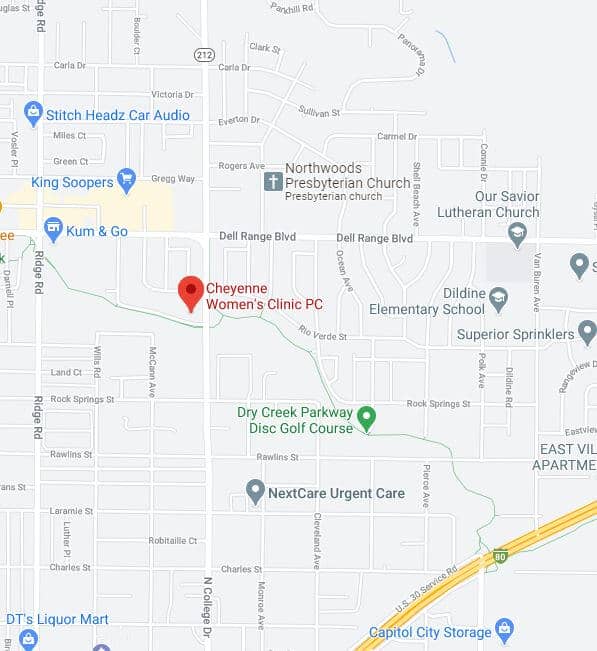
Disorders of the Vulva: Common Causes of Vulvar Pain, Burning, and Itching
What is the vulva? The external female genital area is called the vulva. The outer folds of skin are called the labia majora and the inner folds are called the labia minora. When should I





